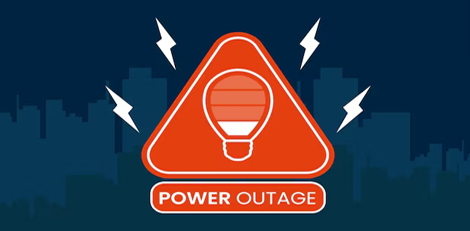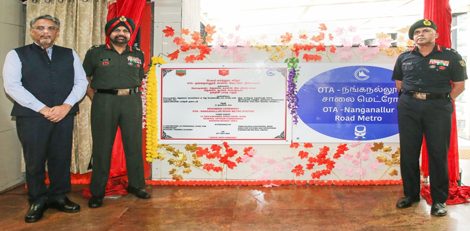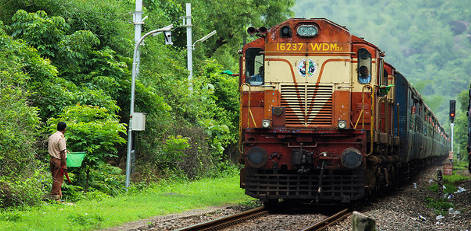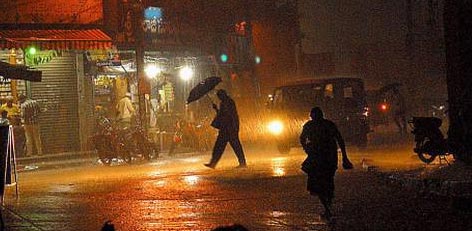How to keep important documents safe?
Posted on: 26/Jun/2017 12:08:42 PM

One of the most important aspects of safety on money-related issues pertains to the safe keeping of all important documents.
It is not just enough by making timely and regular payments on insurance and other loans.
All the related documents must be kept safe and secure. Only this habit will ensure to locate it immediately whenever required and to keep back in the same place immediately after usage. This way, it will be ready, easy to use, and safe as well. One need not have to keep searching for a long time to locate when required urgently.
It is the best advice to immediately get into to the habit of safekeeping of all documents and receipts.
Especially the documents/receipts/policies of investments/insurance coverage/monthly payments on various dues should be allotted a special safe place and kept there.
The process of the safekeeping of the documents and receipts can be done in 2 stages.
In the 1st stage, allot a temporary place to keep the bills and receipts as and when they are received. Most of us tend to keep these in the first seen nearest place without any regard to safety. Naturally, this will make way for future confusion and frantic search.So keep them in a single proper place.You may even keep 1 or 2 separate special boxes for this purpose.
Keep the household related bills, receipts, etc., in the 1st box. Keep the Electricity Bills, Bank receipts, Credit Card Statements, etc., in the 2nd box.
Once properly arranged, the 2nd stage will be to locate a better place for permanent safe keeping. You can make separate files or folders for each field (EB, Property Tax, Telephone, IT, etc). Label each poster/file.
This method of sorting will simplify and ensure safe keeping to be easily retrieved whenever required. Example - the folder/file labeled Tax may contain Income Tax Return copies, certificates, Form-16, etc. The folder insurance may contain all documents related to insurance policies, premium payments, receipts, etc.
The folder/file labeled investment may contain all Provident Fund, Mutual Fund, PPF, etc. The file/folder named loans may contain all loan-related documents housing loan, individual debtors, House registration document, house leasing document/rental agreement, etc.
Another folder may contain the manuals of all household consumer durable gadgets such as TV, Music System, Micro-oven, Refrigerator, Washing Machine, Grinder, Mixie, etc.
Aadhar card, PAN cards, Family Ration card, Voter ID card, Academic Qualification Certificates, Drivers Licence, etc., can be kept in a separate file/folder.
After this divide these into 2 categories temporary and permanent. For example, documents such as PAN card, Aadhar Card, Family card, etc., fall under the permanent category. In the temporary category, bills and receipts may be kept for various payments. Once they become considerably old and irrelevant, they may be removed.
Digital Protection:
Some of the important documents can be scanned and kept online as well as the personal computer. If a locker facility is available in the house, these documents can be kept in the locker. There is another option to keep them in bank lockers.These documents can be saved in a digital format in Digi Lockers. Some banks provide the e-locker facility.
Once the sorting and safe arrangement are done, the next task is to maintain them properly. Get into the habit of taking out each folder once in 3 months or 4/5/6 months, and check whether any actions are to be taken on any of the issues. It is also advisable to keep the data in insurance policy, etc. in a separate notebook for better follow-up. EMI payments, Tax-planning, and other details also can be kept in a register.
It is preferable to keep all financial related documents under a single category maybe all the related folders can be kept in a single place drawers/lockers, etc.







